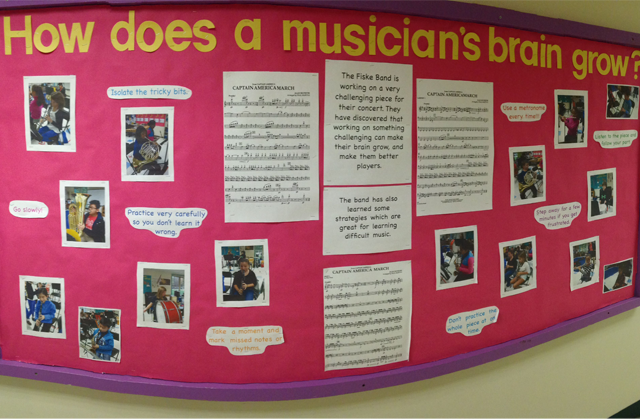Sign up for our newsletter to become part of the conversation:
** Please enter a valid email to join our community **
Thank you for joing the Mindset Works Community! Check your email for more information.

Research has shown that people with 3 times more positive emotions than negative ones are more resilient and have a relatively higher rate of successful reintegration. Emotional resilience equips people with the much-needed psychological strength to cope with stress and hardships, preventing them from falling apart or getting overwhelmed.

An eight-year-old student picks up a tennis racket in physical education class. He throws up a ball and makes solid contact, hitting the ball over the net with relative ease. A classmate named Roberto watches in awe as he perceives him to be a young Pete Sampras. “Why is it so easy for him?” he thinks to himself as he swings and misses the ball several times.

Fiske Students, Parents, and Educators Learn Transferable Skills
Growth mindset movements may share a common foundation, but in practice, they can be a bit like snowflakes: no two are alike! Mindset interventions are teacher-led movements, and we love learning about new and evolving strategies developed by educators on the ground.
Julie Verret, music teacher at Fiske Elementary and elementary band leader for all of the Wellesley, MA School District, wrote to us describing how a growth mindset helped her band students tackle a challenging piece of music. Julie applied the malleable mind concept to her music students because of multi-year, school-wide growth mindset work led by the principal. Verret introduced the idea that a musician's brain can grow with effort and practice. To put this concept into action, Julie and her 4th and 5th grade students worked on a piece of music that would typically be played at the middle school level.